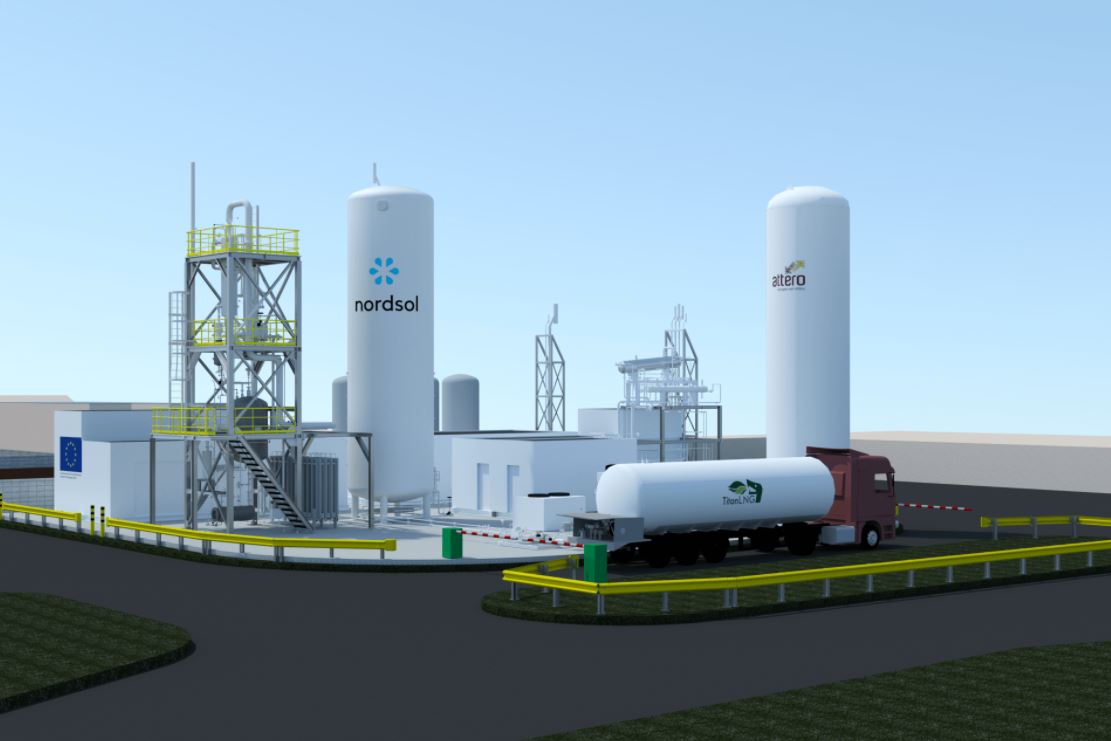Dutch supplier Titan LNG has joined compatriot waste management firm Attero and technology company Nordsol to build a new bio-LNG plant in Wilp.
The FirstBio2Shipping project, which could go online in 2023, has received funding from the EU under the Fit for 55 package. The project would get 4.3 million euros ($4.84 million), according to a joint statement by the three partners on Monday.
LNG Prime reported on this project in July this year when the European Commission revealed it would invest 118 million euros ($133 million) in 32 small projects, including the bio-LNG project, as it looks to support low-carbon technologies.
The Commission’s statement said then Attero and Bio-LNG Hub Wilp would develop the project and use a novel technology called iLNG, patented by Nordsol.
Titan to supply bio-LNG to maritime customers
According to the statement released on Monday, Titan LNG is also the project’s exclusive off-taker and the firm would supply the bio-LNG to the maritime industry.
Moreover, the project builds upon Titan’s previous successful funding application called ‘Bio2Bunker’ that includes three additional bio-LNG bunker barges, the statement said.
The plant would produce 2,400 tons/year of bio-LNG and 5,000 tons/year of liquid bio-CO2 at the Attero facility in Wilp, the Netherlands.
Also, Attero would produce 6 million Nm3 of biogas per year from domestic biowaste for the FirstBio2Shipping project while Nordsol’s iLNG technology would liquefy it, the partners said.
The produced bio-LNG would reduce GHG emissions by 92 percent compared to a conventional maritime fuel, representing more than 87500 tCO2e net absolute emissions avoided during the first ten years of operation, they said.
More bio-LNG plants on the way
This facility would not be the first bio-LNG facility in the Netherlands as Nordsol has already opened the bio-LNG plant in Amsterdam Westpoort.
However, it would be the first bio-LNG plant for shipping as the Amsterdam Westpoort facility provides fuel for the transport sector.
Nordsol and its partners Shell and Renewi have officially launched the first Dutch bio-LNG plant in October. The EU backed this facility as well.
The installation would produce about 3.4 kilotons of bio-LNG per year, allowing more than 13 million kilometers of carbon-neutral driving, according to Nordsol.
Earlier this year, Nordsol has also joined forces with compatriot DBG Bio Energy to build a new bio-LNG facility in the country.
Nordsol previously said that the Netherlands has about 260 ‘traditional’ biogas plants and most of these can be made suitable for the production of bio-LNG.

